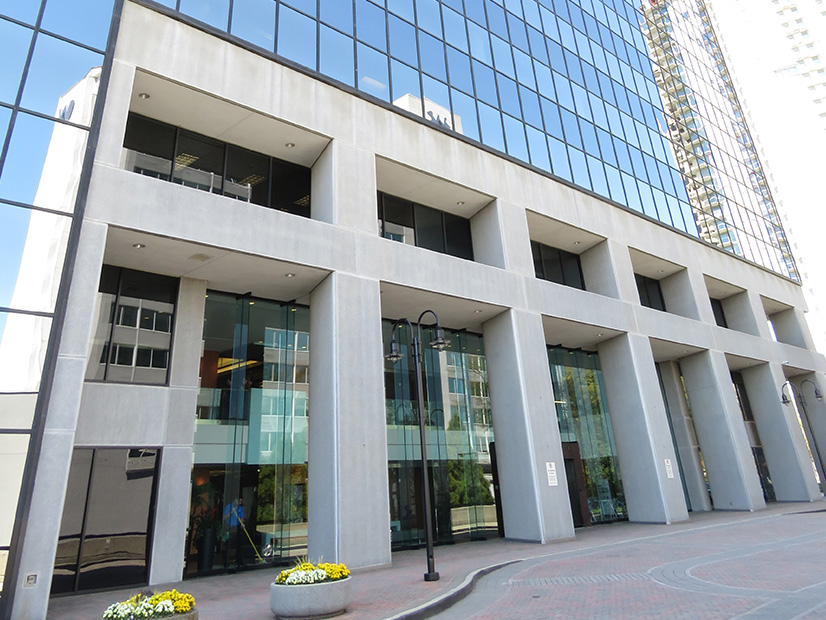NERC and the regional entities last week expressed support for “exploring ways in which market mechanisms can help ensure reliable operation” of the bulk power system and encouraged FERC and other stakeholders to take reliability into consideration when designing market enhancements.
The REs and NERC were responding to comments on the technical conferences held by FERC last September and October on energy and ancillary services markets in the electricity sector (AD21-10).
In the October conference, participants called for market participation rules to be revised to ease the entry of new and emerging resource types into wholesale electricity markets, while still incentivizing utilities to install the kind of energy products that can maintain grid reliability as the resource mix changes. (See Stakeholders Ask FERC to Support E&AS Market Changes.)
In their response, the ERO organizations acknowledged that while they play a direct role in reliability through the establishment and enforcement of reliability standards, assessing seasonal and long-term reliability, and training and certifying industry personnel, they do not take an active part in market design.
But while the ERO Enterprise declined to endorse specific market measures or incentives, its remarks pointed out that NERC’s “assessments over the past several years generally support policy enhancements which prioritize reliability under the transforming energy grid.” In particular, the groups highlighted last year’s State of Reliability Report, which laid out how “a rapidly transforming BPS has been impacted by a pandemic, extreme weather, cyber security, and supply chain issues.” (See NERC: Extreme Weather, Resource Changes Cause Mounting Concern.)
Reliability standards are not the only way to respond to these challenges, the ERO groups said; they function only as “part of a larger environment [comprising] overlapping energy regulation, markets, and jurisdictions.”
The ERO Enterprise reminded the Commission that NERC’s rules of procedure prohibit one of the organization’s standards from precluding market solutions as an approach to achieving compliance with it. As a result, reliability standards typically define only the desired result, rather than how to achieve it.
This does not mean that the methods for ensuring compliance must be left entirely to the utilities: NERC and the REs highlighted several comments that suggest ways that “market enhancements … may help address reliability concerns associated with the changing BPS.” Such market changes need not only involve NERC’s reliability standards but also can include proactive measures to promote reliability.
The Edison Electric Institute, for example, asserted that “market operators must be able to procure sufficient reserves and other ancillary services through the market,” even as the resources providing such services change. EEI urged FERC to ensure that RTOs and ISOs are working to make sure energy prices “reflect the full cost of the resources needed to reliably operate the system,” so that energy providers can accurately weight the costs and benefits of the resources they use.
MISO also got a mention from the ERO groups for asserting its efforts to ensure reliability through structuring the energy market, one of the pillars of the ISO’s “Reliability Imperative.” ISO-NE also noted in comments quoted by the ERO that “enhancements to the energy and ancillary services markets will be essential to [maintaining] reliable operations as the system transitions to … renewable resources whose uncertain output will need to be balanced using energy storage and a pipeline-constrained gas-fired generation fleet.”
“Well-designed ancillary service markets can help to ensure the system has all of the essential flexibility properties identified above — sufficient resources with dependable performance, sustainable output, and with the necessary response times to cover the increasing operational uncertainties and to provide a reliable system,” ISO-NE said.




